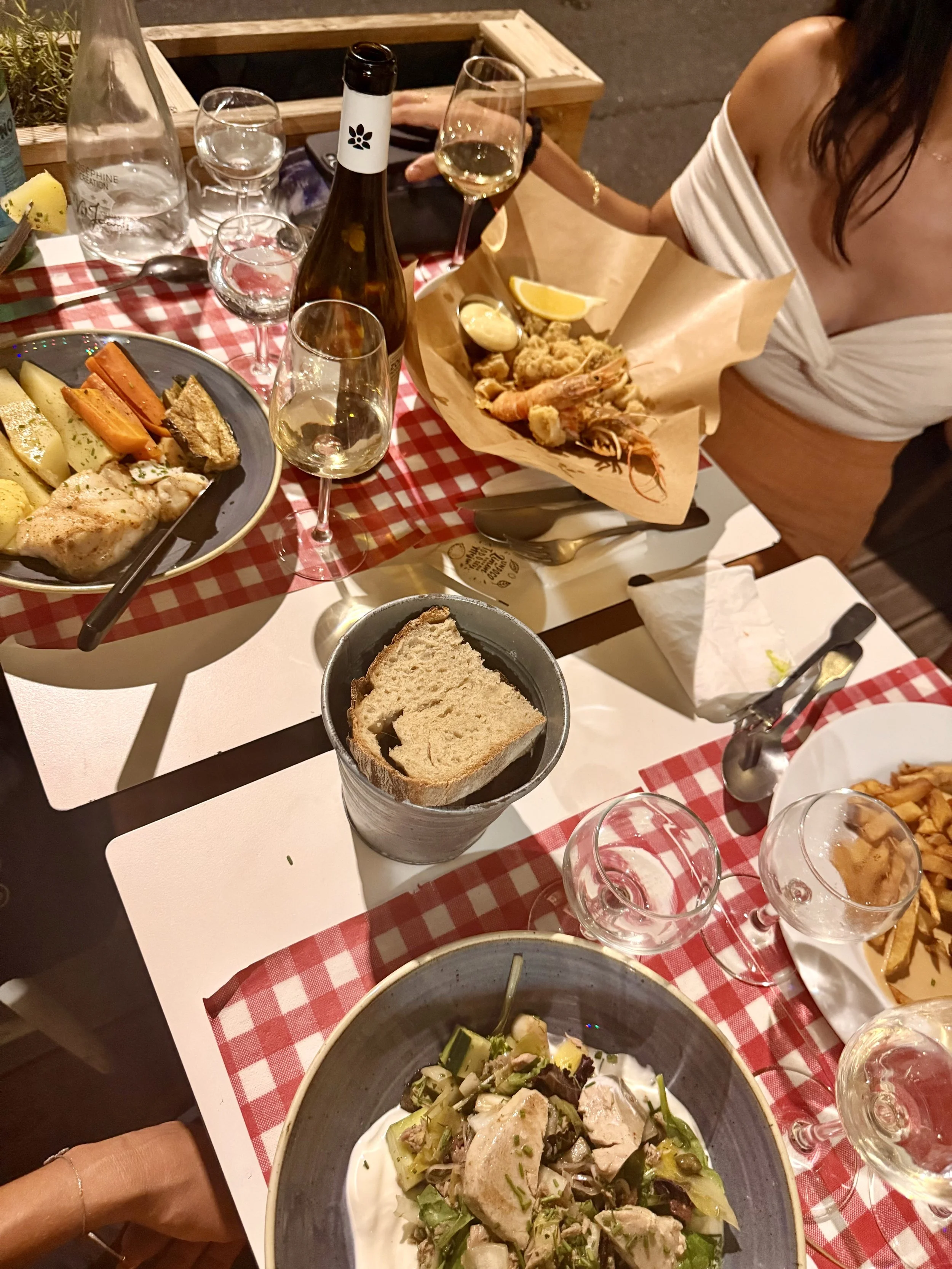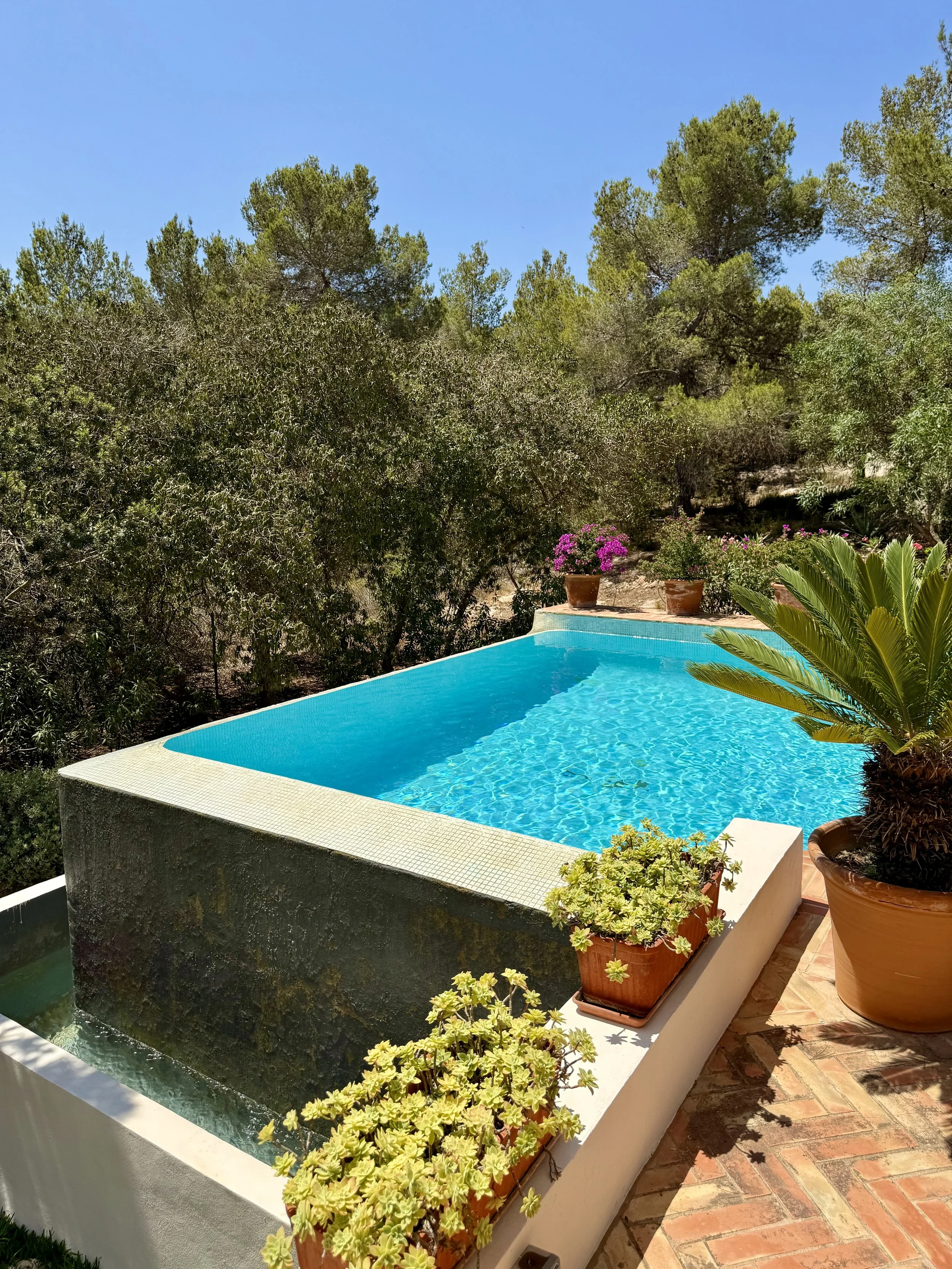For whatever reason, I’ve encountered a fair amount of content recently emphasizing the importance of defining what exactly one wants and doing so very specifically.
This is not what works for me. And by this doesn’t work for me, I mean that it has, often, gotten me to exactly where I very specifically defined I wanted to be. And that end point, I’ve realized, has more often than not felt hollow. It feels like it doesn’t fit.
I think of Oscar Wilde’s quote: “There are only two tragedies in life. One is not getting what one wants. The other is getting it.”
In focusing on specifics, I’ve ended up feeling like I’ve not seeing the forest for the trees. I’ve focused so much on being in front of one specific tree that I had no grounding in experiencing the expanse of the forest and all its diversity.
What I have found does work for me? Having clarity around what I know I don’t want in a job, situation, my own leadership style or a creative engagement. That, in turn, turns me toward the vastness of opportunity. To flow, to grow and to experience, with presence, what’s in front of me. To see what I can try, where intuition takes me, what feels aligned and how I can learn and become in that moment.
Los Rápidos de Bacalar // The Bacalar Rapids, Quintana Roo, Mexico


